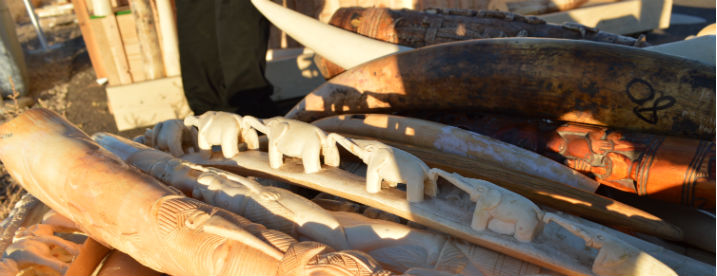Why Wildlife Trafficking and Anonymous Companies Are Mutually Inclusive
By Grace Zhao, July 24, 2014

Any Effective Effort to Save Rhinos, Tigers, and Pandas from Extinction Must Tackle the Anonymous Companies that Propel the Illegal Wildlife Trade
Wildlife trafficking is more than illegally killing exotic animals; it is part of a complex criminal network that makes use of anonymous companies to illegally transfer both goods and money.
The illegal wildlife trade consists of the poaching, sale, and trade of exotic wildlife. Animals are used for food, medicine, commercial products, and even as pets. The illegal trade hosts a bevy of clientele in both developing and developed countries.
We probably all know that wildlife trafficking can be grisly and disturbing. Rhino horns are hacked off, turtles are stuffed into suitcases, and bear gall bladders are milked from living animals. The impact on biodiversity is astounding. According to our 2011 report, Transnational Crime in the Developing World, only 500,000 elephants exist today compared to a population of 1.2 million in the 1970s. The world’s tiger population has plummeted to just 3,200—down 95 percent since 1900, and an entire species of Rhino went extinct in 2009.
